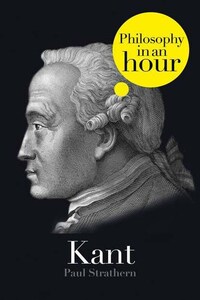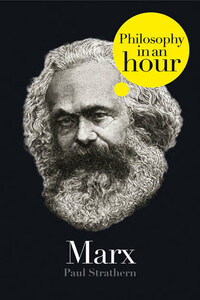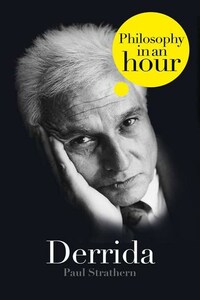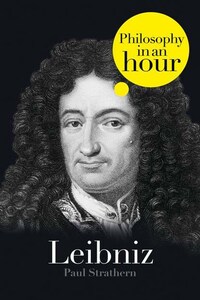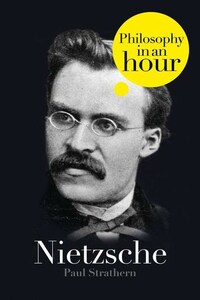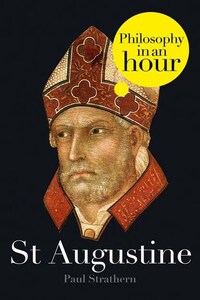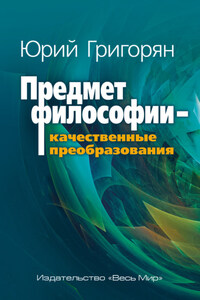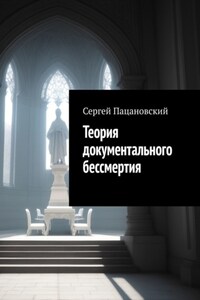Just because a thing is impossible, this doesn’t mean someone won’t try to do it. Kant not only tried but succeeded in achieving the impossible. After Hume had destroyed philosophy and any possibility of constructing a metaphysical system, Kant created the greatest metaphysical system of them all. His motive was to refute Hume, but fortunately he had read only Hume’s Inquiry into Human Understanding, not the more penetrating skepticism of his earlier Treatise of Human Nature. Had Kant read this, he might have produced no system. This would have been a great pity and would have left an entire generation of nineteenth-century German philosophy professors without jobs.
Kant’s system is like Newton’s idea of gravity. It’s not the final answer, but it’s close to how we still see the world. You won’t go far wrong if you look at the world Kant’s way. Hume’s philosophy is essentially simplistic: it reduces our philosophical condition to the barren rock of solipsism. Kant, building on the deceptive sands of error, created a wonderful sandcastle of such ingenuity and complexity that it can keep you happily absorbed with your bucket and spade for your entire vacation.
It’s difficult to know what to say about Kant’s life. He didn’t really have one (outside his head). Nothing of any real interest happened to him. But the description of a life of utter tedium need not be boring in itself.
Immanuel Kant was born April 22, 1724, in the Baltic city of Königsberg, then the capital of the isolated German province of East Prussia (now Kaliningrad in Russia). Kant’s ancestors had emigrated from Scotland in the preceding century and may well have been related to the notorious seventeenth-century Scottish preacher Andrew Cant, who is said to have been the origin of the verb “to cant” with regard to the use of jargon – a family trait which was to reappear with a vengeance in the philosopher.
At the time of Kant’s birth East Prussia was recovering from the devastation of war and plague, which had reduced the population by over half. Kant grew up in an atmosphere of pious poverty. He was the fourth child of the family, which eventually included five sisters and one other brother. Kant’s Scottish father was a cutter of leather straps who jocularly claimed that he “could never make both ends meet” either at home or at work. Kant always remained respectful of his likable but financially harassed father, and as a child is said to have enjoyed watching him deftly cutting up pieces of leather for harnesses. Yet according to the philosophical psychologist Ben-Ami Scharfstein, in the light of his father’s dexterity “Kant’s great clumsiness with his hands is therefore noteworthy.”
Whether or not this is the case, and what precisely it might be noteworthy of, the main early influence in Kant’s life was undoubtedly his mother. Frau Kant was a wholly uneducated German woman who is said to have possessed great “natural intelligence.” It was this which particularly influenced her son Immanuel – or Manelchen as she called him (“Little Manny”). Kant’s mother would take him for walks in the countryside and tell him the names of the plants and flowers. At night she would show him the stars, naming them and their constellations. She was a pious woman, and her loving but austere ways also helped shape her son’s moral character. This dual insistence on facts and moral obligation was to remain with Kant throughout his life and played a leading role in his philosophy. Kant’s most celebrated remark, made over fifty years later, harks directly back to these early days with his mother: “The starry heavens above and the moral law within fill the mind with an ever new and increasing admiration and awe, the more often and the more steadily we reflect.”
Kant was brought up in a strict Pietist atmosphere and from age eight until sixteen went to the local Pietist school. Here his exceptional intelligence and keen thirst for learning quickly grew irked with the endless religious instruction. This dislike of formal religion was to remain with him for the rest of his days (in mature life he never attended church). Despite this, Kant retained much of the Pietist outlook, with its belief in a simple way of life and adherence to strict morality.
In 1737 Kant’s mother died and received a pauper’s burial. Kant was thirteen at the time and has indicated that he experienced his first sexual stirrings around this period. Psychologists have suggested that the loss of his beloved mother at this stage of puberty caused him to feel guilty and repress his sexual feelings. Either this or they simply withered away. Whatever the cause, from now on Kant was to live a life of sexual repression which assumed heroic proportions.
